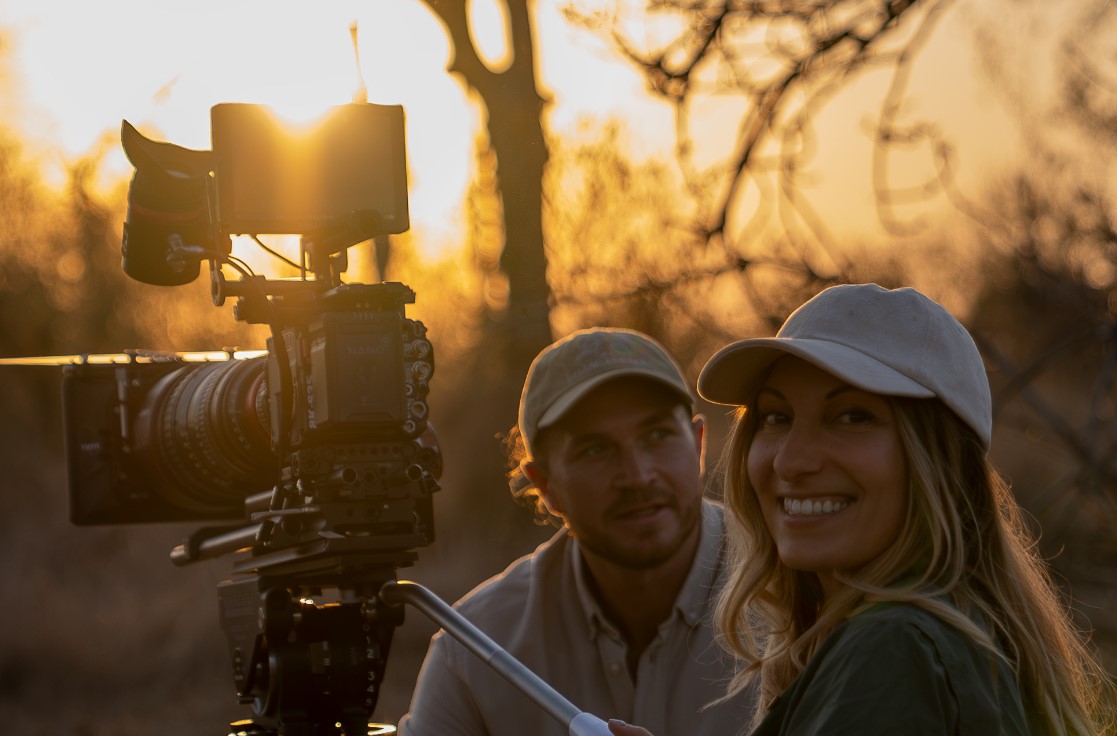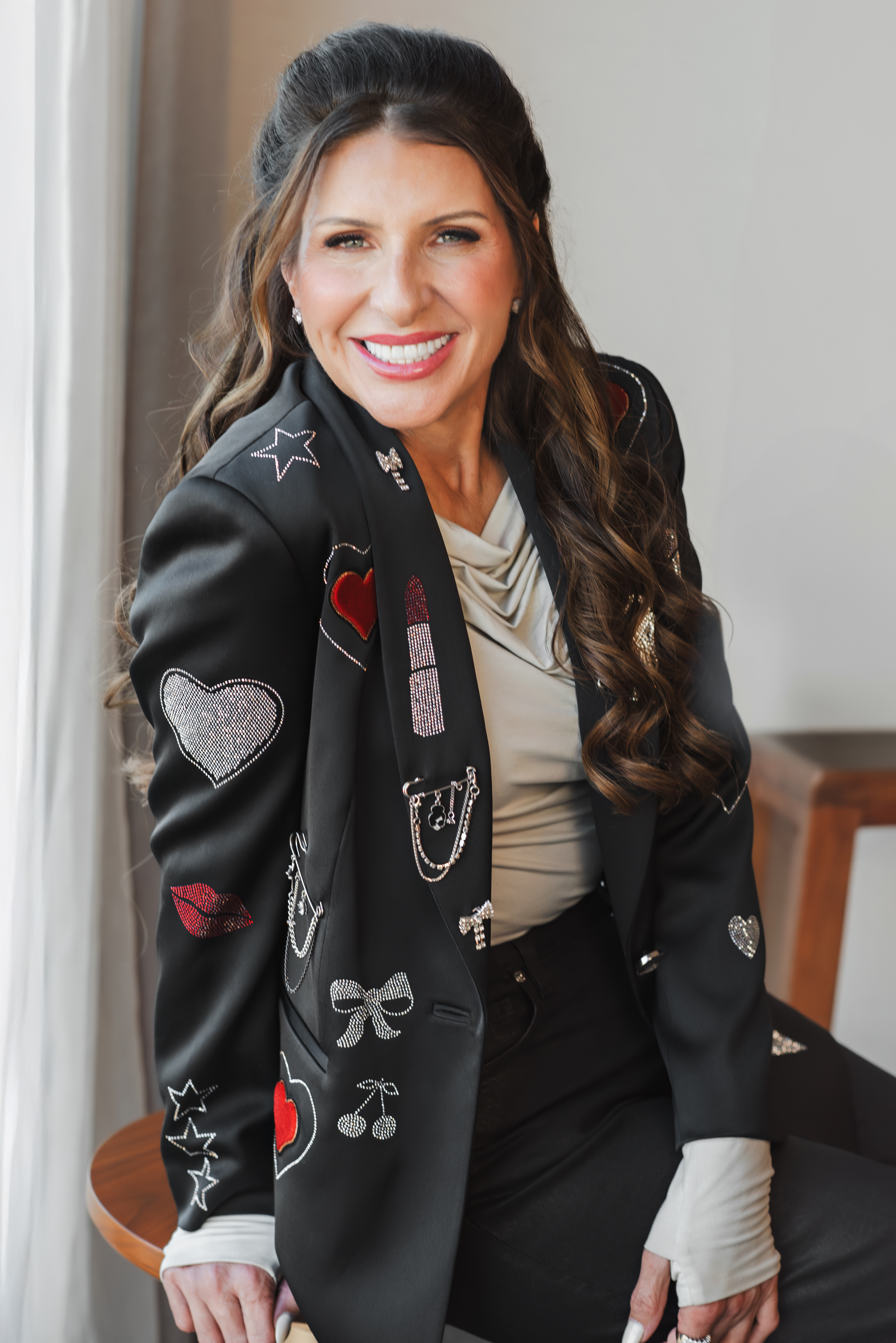Set deep within the wilderness of South Africa’s Greater Kruger National Park, Too Wild is providing participants with a once-in-a-lifetime pathway into wildlife filmmaking.
Co-founded by renowned zoologist, marine biologist, and wildlife television presenter Lauren Arthur, along with veteran wildlife cinematographer David Eastaugh, the program offers an intensive four-week wildlife film course that places aspiring storytellers in the untamed beauty of the African bush.
With expert mentorship, hands-on access to professional film gear, and daily game drives across Big Five terrain, Too Wild supplies participants with a full suite of filmmaking tools in the world’s most unique classroom.
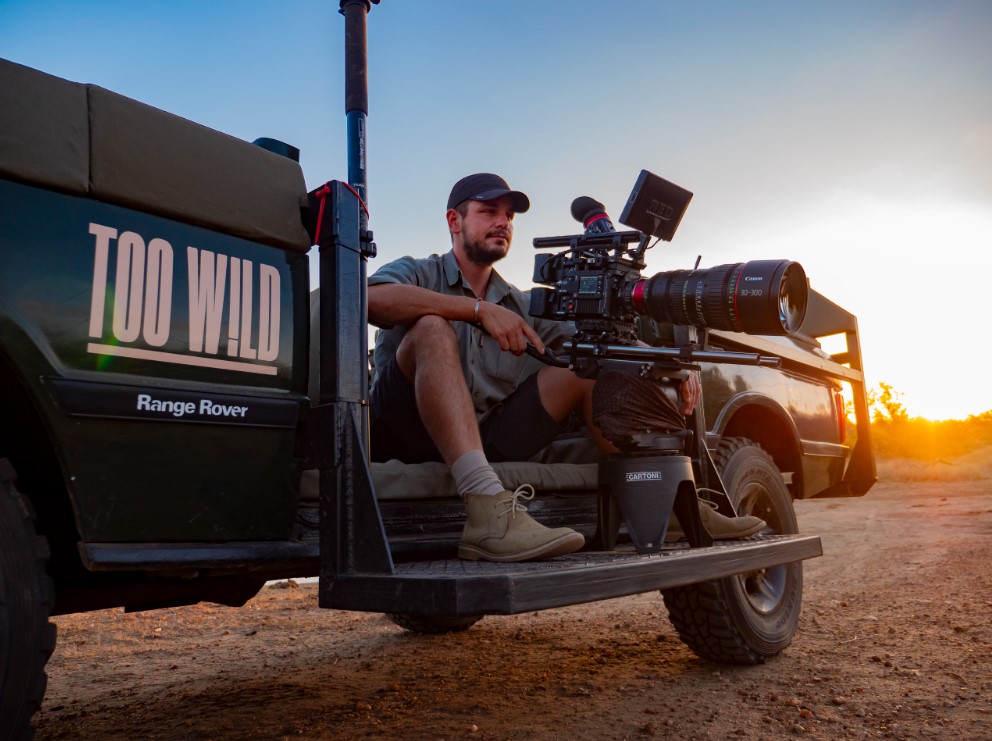
The immersive course brings together a small group of participants for an intensive mentorship experience. The program includes one-on-one daily technical training on professional-grade equipment, and workshops led by industry professionals, from cameramen and field guides to editors and more.
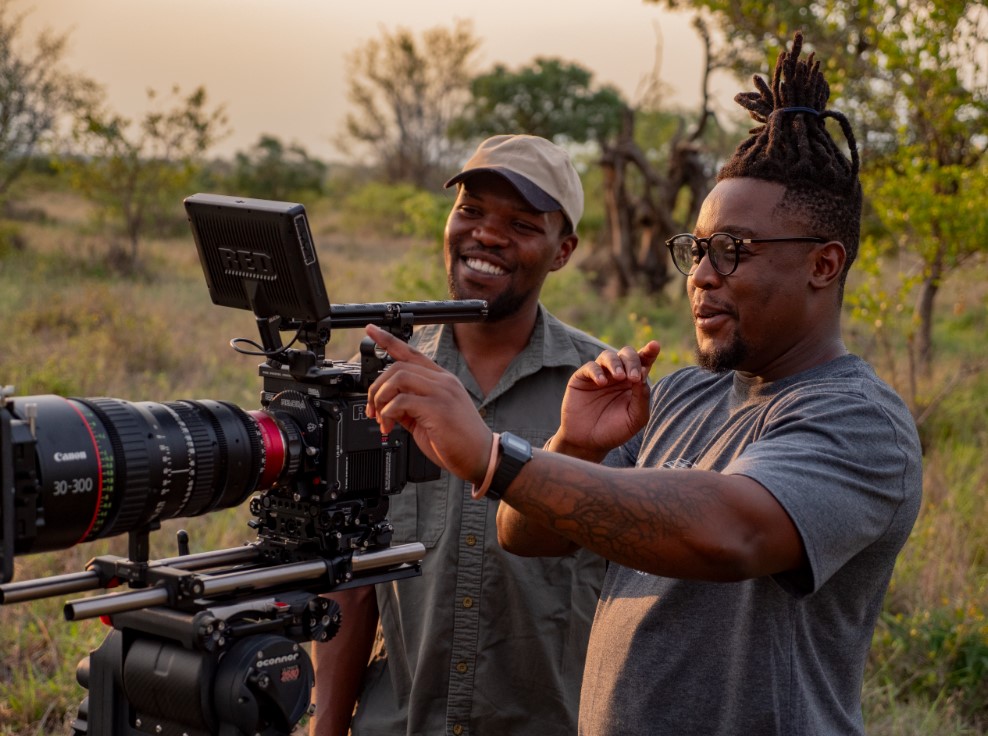
“It can be difficult to know where to start for aspiring wildlife filmmakers. Where do you go to get access into the park? How do you get your hands on this very expensive gear, just to get you going?” he says. Too Wild aims to close that gap by offering aspiring filmmakers’ direct access to both the tools and the territory they need to succeed. “And so Too Wild offers a wildlife film course for people to come and spend a month with us and really spend time out in the field, build their portfolio, but also get a general understanding from experts in the field.”
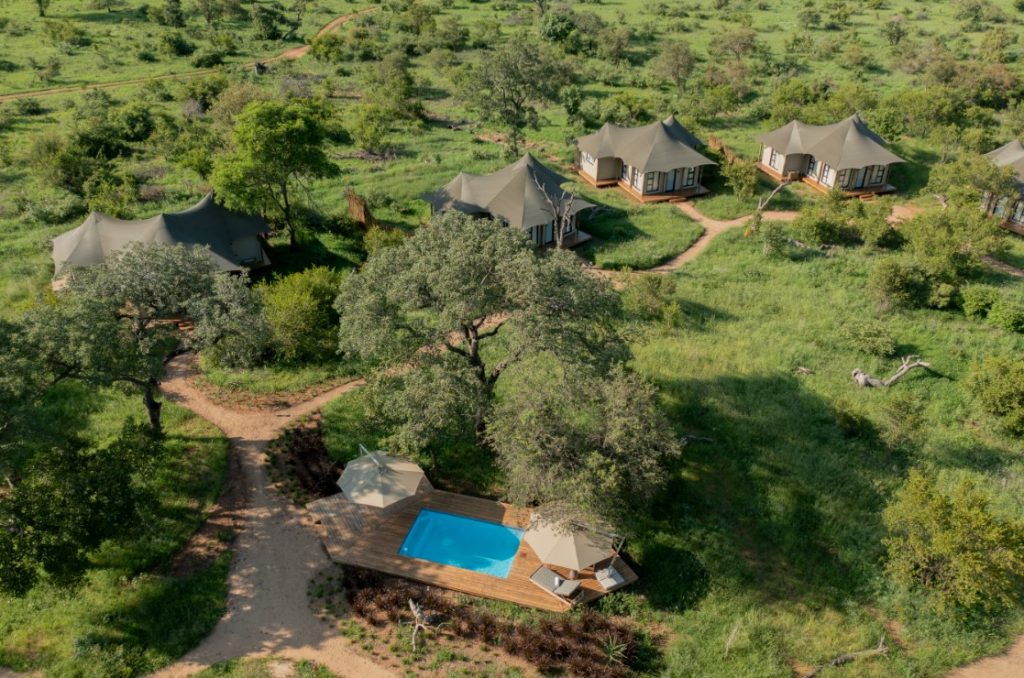
Based in the Timbavati Big Five Private Nature Reserve, Too Wild’s location offers rare wildlife encounters in one of the richest ecosystems in Africa. Over the course of a month, students can expect to see lions, leopards, elephants, rhinos, and buffalo, along with rarer sightings, such as pangolin and caracal.
Students will stay in a luxury lodge and the program is all-inclusive, covering everything from meals and accommodation to training, mentorship, and the twice-daily game drives into the bush, which typically last six hours. “Possibly longer if something amazing is happening out in the bush, and we just film anything and everything that we can see,” adds Arthur.
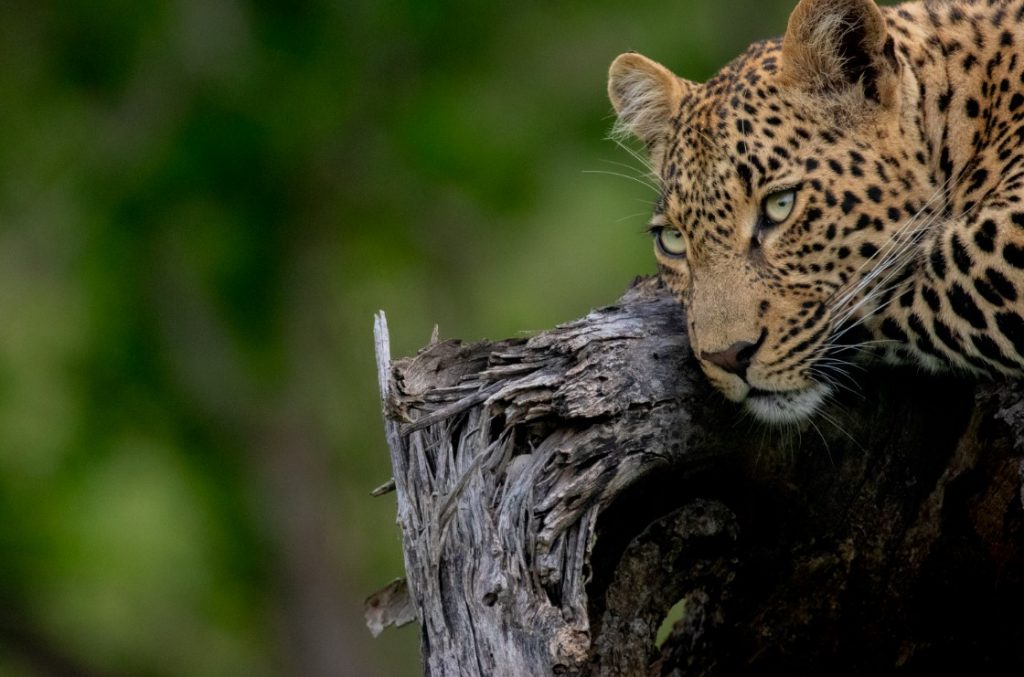
Participation in Too Wild’s filmmaking course also helps to bolster the local community. Each includes a sponsored placement for a local South African participant from one of the surrounding communities, an effort to open doors for those who may otherwise find it difficult to enter the fields of conservation and filmmaking.
“For every course we run, Too Wild fully sponsors a person from the local community to come in and do the course as if they were a paid student,” said Arthur. “We really want to try and build that next generation of local filmmakers, the people that live in the area would otherwise have no access to these careers. We’ve already had some wonderful students, and that’s really what we’re passionate about.”
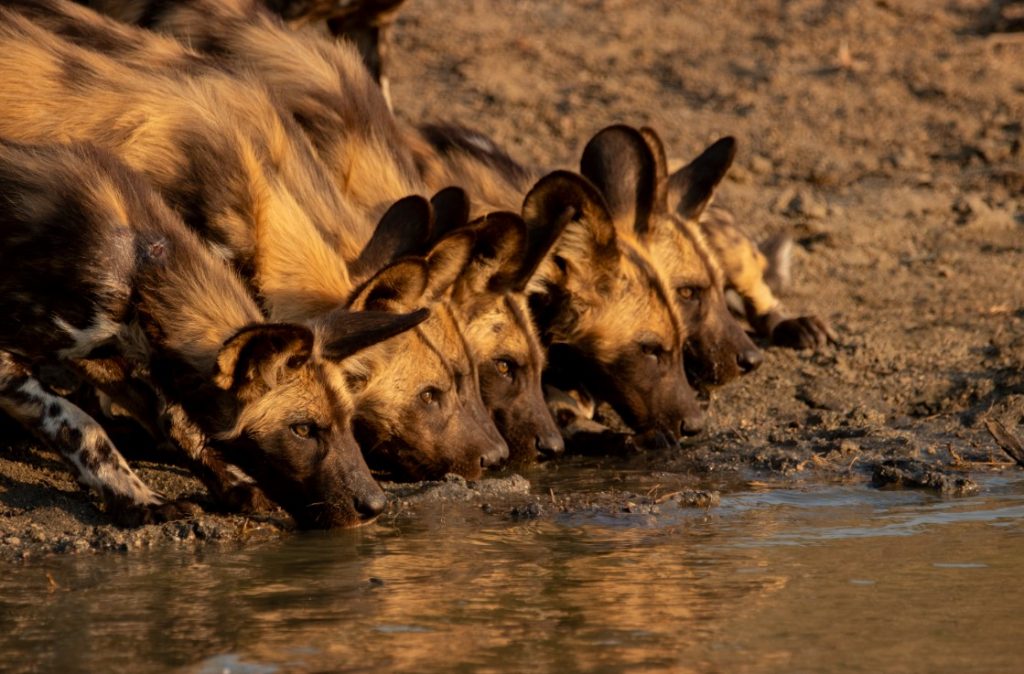
The course culminates in the creation of each participant’s own wildlife story and showreel, crafted with mentorship from experts in every phase of production, from concept development and field shooting to post-production. Graduates leave with a professional showreel, the foundational experience required to pursue careers in the wildlife film industry, and connections with a growing community of filmmakers, editors, naturalists, and producers.
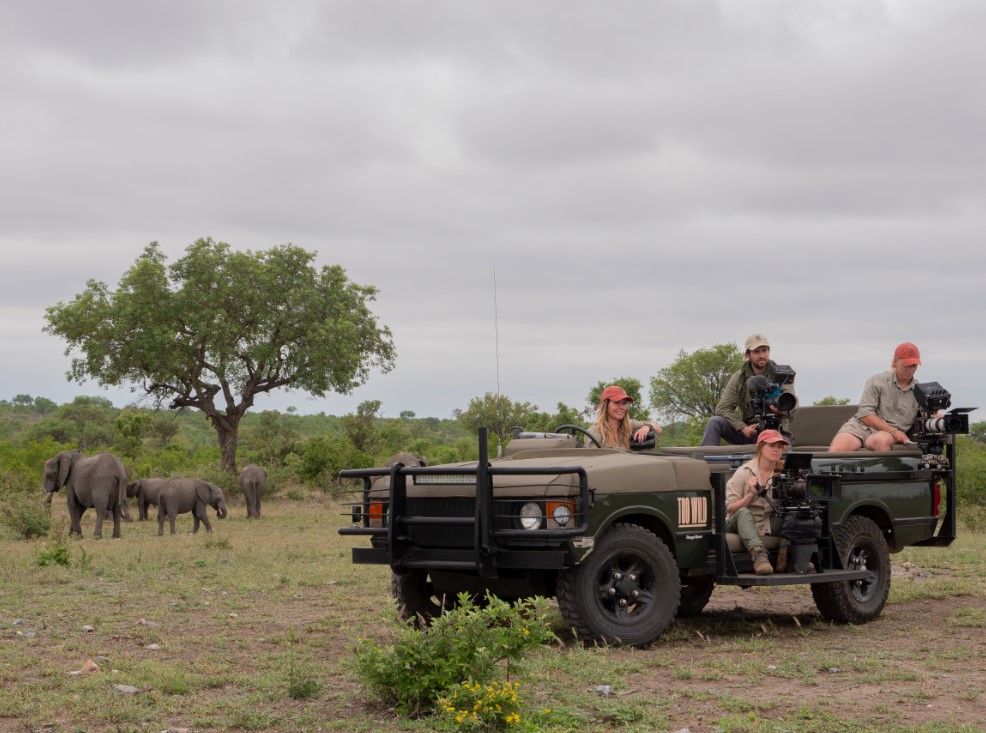
“The plans are for the film school to have a massive impact on the local South African community. We want international filmmakers utilizing the people that we have trained when they come over,” said Arthur. “And then Dawie (David Eastaugh) and I will hopefully be somewhere exciting, filming more wacky animals and having wacky experiences,” said Arthur.

